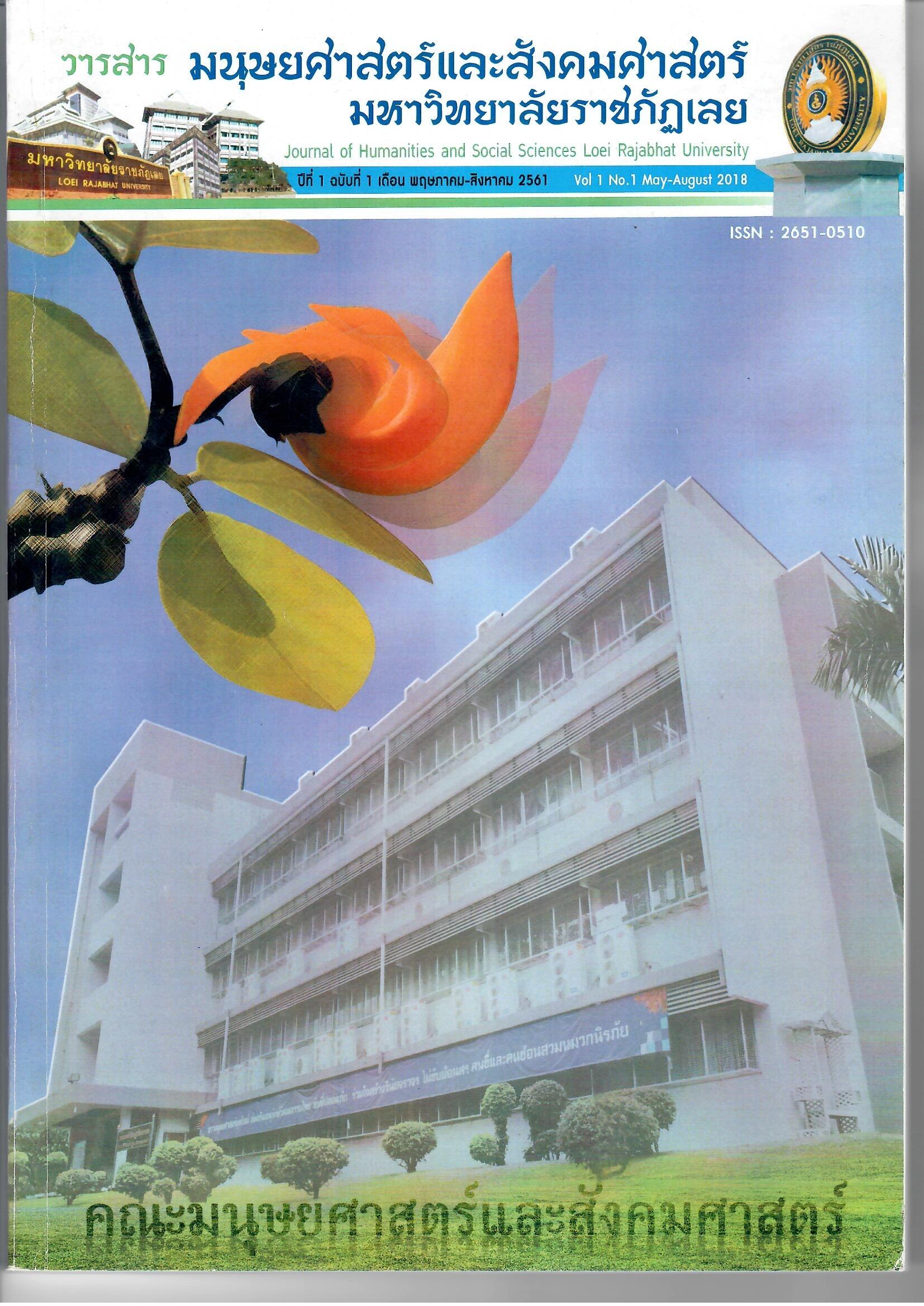The problem of extending the legal age: case of fine paying on computer-related Offenses impact on the accused
Abstract
This article explores 1) problems of the fine payment according to the Computer Crime Act B.E 2560 (2017), 2) rights of the accused who was affected by the extension of prescription when the fine was not paid within the prescription, and 3) the problems of the collection of evidences and the justice facility after the extension of the prescription when the fine was not paid within the prescription based on the Computer Crime Act B.E 2560 (2017), section 17/1.
It was found that, according to the rights of the accused, based on section 17/1 0f the Computer Crime Act B.E 2560 (2017), there were both beneficial and harmful effects on the accused. According to the beneficial effects, it is a chance for the accused to pay the fine. On the contrary, the harmful effects can be the uncertainty of the length of prosecution. Therefore, there is a suggestion that the payment of fines should be amended. A certain period of fine payment should be clearly specified. According to paragraph 3 and paragraph 4 of section 17/1 of the Computer Crime Act B.E 2560 (2017), the case ends when the fine payment committee receive the fine no longer than 15 days, in accordance with section 39 of the Criminal Procedure Code.
In case the accused neglects to pay the fine within the prescription, to avoid the negligence on the part of the accused on the fine payment, the extension of the prescription is the period of 30 days after the ending date of the previous prescription. In addition, there should be clear regulations or guidelines for the fine payment committee to extend the fine payment period in order that the official can process with the case when the case is barred by prescription. Moreover, the extension of the prescription should be done only one time in order to create the working standard.
References
ระยะเวลา อายุความ บรรพ 1 มาตรา 149-193/35. กรุงเทพมหานคร: กองทุนศาสตราจารย์จิตติ
คณะวิชาการ The Justice Group. (2560). ประมวลกฎหมายอาญา. กรุงเทพมหานคร: พิมพ์อักษร.
ติงศภัทิย์.
คณิต ณ นคร. (2547). กฎหมายอาญาทั่วไป (พิมพ์ครั้งที่ 2). กรุงเทพมหานคร: สำนักพิมพ์วิญญูชน
ธานินทร์ กรัยวิเชียร. (2505). บทบรรณาธิการ. บทบัณฑิต, 20(3).
ประเทือง ธนิยผล, ศรีสมบัติ โชคประจักษ์ชัด, ปารีณา ศรีวณิชย์, พิมพ์ใจ สระทองอุ่นและดล บุนนาค.
การสืบค้นแนวคิดเกี่ยวกับการกำหนดอายุความทางอาญาในบริบทสังคมไทย. (2550). สถาบันวิจัย และพัฒนา มหาวิทยาลัยรามคำแหง.
ปวีณา วิโรจน์ธนะชัย. (2551). อายุความในฐานะเงื่อนไขให้อำนาจในดำเนินคดี: ศึกษาเฉพาะขั้นตอน
นำคดีขึ้นสู่ศาล. วิทยานิพนธ์นิติศาสตรมหาบัณฑิต สาขานิติศาสตร์, คณะนิติศาสตร์ มหาวิทยาลัยธุรกิจบัณฑิต.
มานะ เผาะช่วย. (2549). ปัญหาการรวบรวมพยานหลักฐานของผู้ต้องหาในชั้นสอบสวน. วิทยานิพนธ์
นิติศาสตรมหาบัณฑิต สาขานิติศาสตร์, คณะนิติศาสตร์ จุฬาลงกรณ์มหาวิทยาลัย.
วิลัยพร บรรพต. (2557). อายุความสะดุดอยู่ในกรณีที่ผู้ถูกกล่าวหาเป็นผู้วิกลจริตภายหลังการกระทำความผิด. วิทยานิพนธ์นิติศาสตรมหาบัณฑิต สาขานิติศาสตร์, คณะนิติศาสตร์ มหาวิทยาลัยธุรกิจบัณฑิต.
สมพร พรหมมหิตาธร. (2548). อายุความ:แพ่ง –อาญา และคดีแพ่งเกี่ยวเนื่องกับคดีอาญา (พิมพ์ครั้งที่ 6). กรุงเทพมหานคร: สำนักพิมพ์วิญญูชน.
สุรทิน ชัยทองคำ. (2552). การหยุดนับอายุความ: ศึกษากรณีผู้กระทำความผิดหลบหนี. วิทยานิพนธ์นิติศาสตรมหาบัณฑิต สาขานิติศาสตร์, คณะนิติศาสตร์ มหาวิทยาลัยธุรกิจบัณฑิต.
Joseph Raz. (1971). “The Rule of Law and its virtue” The Law Review.









